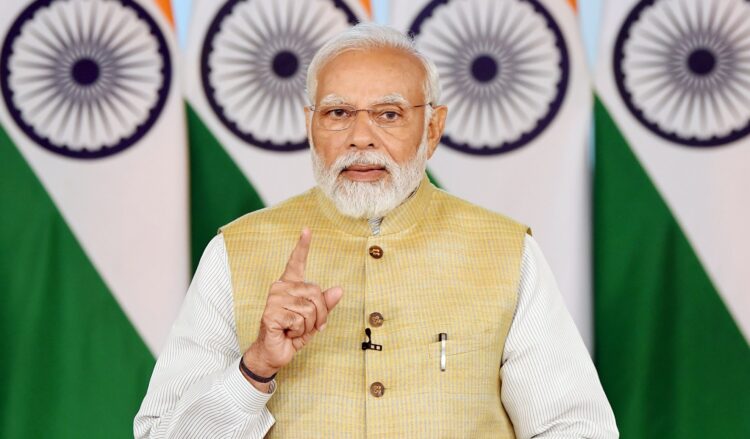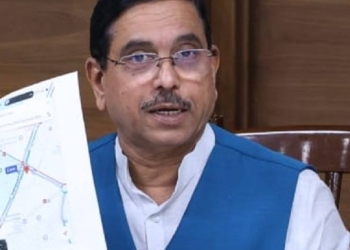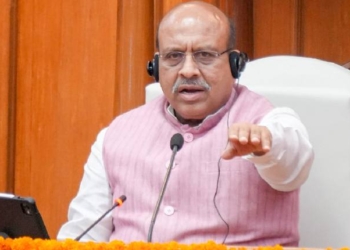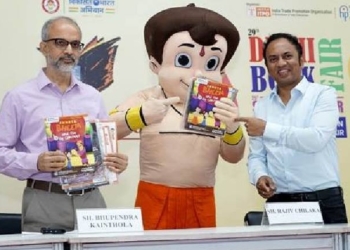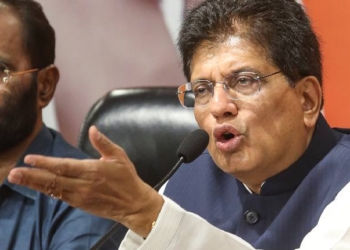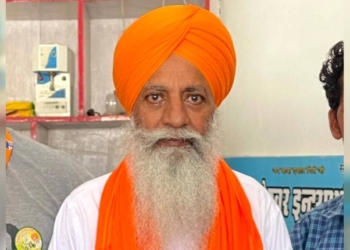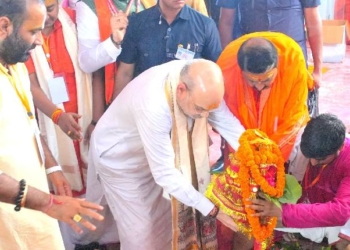New Delhi: Prime Minister Narendra Modi on Friday urged upon developed nations to bring back stability and confidence in global economy.
Addressing the first meeting of the Finance Ministers and Central Bank Governors (FMCBG) under India’s G20 presidency in Bengaluru virtually, Modi said: “It is up to the custodians of the leading economies and monetary systems of the world to bring back stability, confidence and growth to the global economy.”
The Prime Minister urged the members to focus their discussions on the most vulnerable citizens of the world and stressed that global economic leadership can win back the confidence of the world only by creating an inclusive agenda.
“Global economic leadership can win back the confidence of the world only by creating an inclusive agenda,” he exhorted.
He gave examples of Covid pandemic and its after-effects on the global economy, rising geo-political tensions, disruptions in global supply chains, rising prices, food and energy security, unsustainable debt levels affecting the viability of many countries, and the erosion of trust in international financial institutions due to their inability to reform quickly.
Meanwhile highlighting India’s digital growth, he said that the country has created a highly secure, highly trusted, and highly efficient public digital infrastructure in its digital payments ecosystem.
“Our digital payments ecosystem has been developed as a free public good,” the Prime Minister added.
“Examples like UPI can be templates for many other countries too.”
Spotlighting the vibrancy of the Indian economy, Modi said it reflected the optimism of the Indian consumers and producers about the future of India’s economy and hoped that the member participants would draw inspiration while transmitting the same positive spirit to the global level.
The two-day FMCBG meeting will see participation of Finance Ministers of G20 nations, who will deliberate upon G20 Finance Track priorities under G20 India’s presidency in 2023, apart from issues like strengthening multilateral development banks, global debt vulnerabilities, crypto assets and health.
(IANS)




